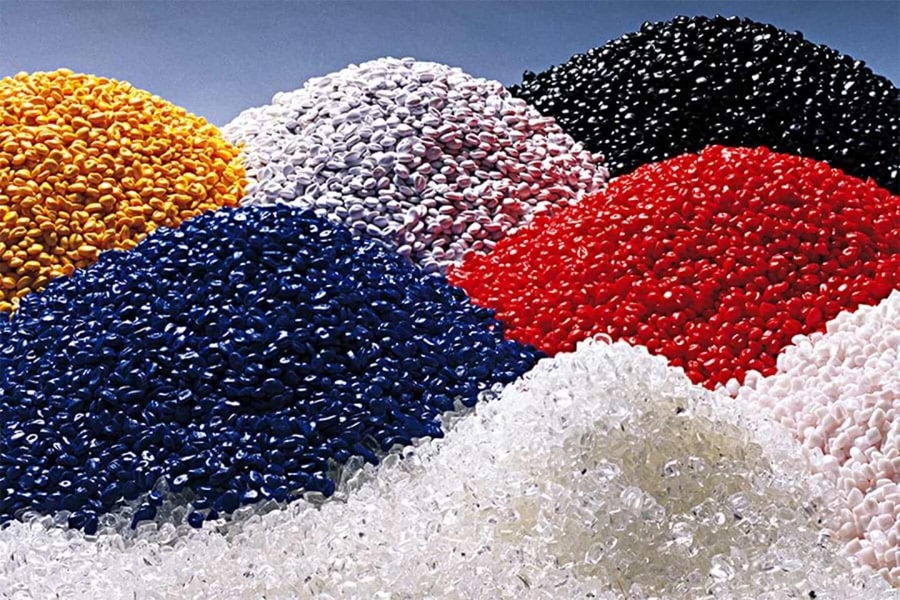Covestro is a leading manufacturer of polycarbonate, a high-performance thermoplastic with a unique combination of properties such as low weight, clarity, durability and resistance to impact, heat and chemicals. Polycarbonate, polycarbonate blends and polycarbonate films from Covestro are being used in healthcare and safety applications as well as the automotive, construction and electronics sectors, among others.
The key building block of polycarbonate synthesis is a chemical called bisphenol A (BPA). It has been rigorously studied and safely used for decades.

Covestro is committed to safety and is convinced that polycarbonate produced from BPA is safe for its intended areas of application. Covestro works actively within the framework of regulatory processes, supporting regulations that are based on a scientific approach, encompassing all available, reliable and relevant evidence.
Comprehensive information on BPA facts, risks and uses is available from the Polycarbonate / BPA Global Group and can be found here.
Questions and answers on Bisphenol A
Bisphenol A, also commonly referred to as BPA, is an organic chemical made from Acetone and Phenol. It is an essential building block (or monomer) for high performance polymers, such as polycarbonate and epoxy resins
At Covestro, BPA is used as a building block to produce polycarbonate plastic. Polycarbonate is often chosen because of its unique combination of properties, such as clarity, durability, mechanical strength, impact resistance and heat resistance, which are essential for many applications. There are numerous end-use applications of BPA-based polycarbonate, ranging from automotive headlamps to housings for electrical equipment and numerous products in the medical sectors, among others. More information can be found here.
BPA-based polycarbonate offers a unique combination of technical properties like clarity, durability, light weight, mechanical strength and heat resistance which are critical for many of its applications. This makes polycarbonate difficult to replace. A polymer with a different building block than BPA would be another material with a different property profile and would not possess the same qualities.
There has been ongoing debate and public concern about alleged effects of low doses of BPA on human health and the environment, mainly in the context of alleged hormonal activity. More recently, questions about potential harmful effects on the immune system have emerged.
At the core of this debate is a fundamental scientific controversy about the existence of so called low-dose-effects and “non-monotonic-dose-responses" (NMDR).
Competent regulatory authorities have repeatedly assessed the safety of BPA and the risks associated with its use.
BPA is found to be readily biodegradable and not bioaccumulative. When orally ingested, BPA is rapidly metabolized to an inactive form and subsequently excreted, with a half life of few hours.
High-quality (guideline) studies confirm that BPA shows:
- low acute toxicity for all routes of exposure relevant to human health (oral, dermal, inhalation)
- effects on body weight, liver and/or kidneys only at high oral doses, which cannot be achieved with intake from food or drink
- no harm to reproduction and development at any realistic human relevant dose
- no mutagenic or genotoxic potential
- no causation of cancer
Nevertheless, BPA has been identified as a substance of (very high) concern in the EU under the European chemicals regulation REACh. However, this classification is based solely on the intrinsic properties of the substance and does not take into account its realistic daily use, real-life exposure and respective potential risk.
People are exposed to low levels of BPA because very small amounts of the low residual BPA that was not fully conversed into polycarbonate may migrate from the food packaging material into foods or beverages.
BPA is not an additive. It is a monomer, or in other words, a relatively small molecule, which serves as a building block in the production of polycarbonate. During polymerization – which is when several monomers connect chemically to produce a much larger chainlike or network molecule, called a polymer – BPA is chemically fully converted into the polymeric structure of the plastic polycarbonate, leaving only traces of unreacted BPA.
BPA shows weak endocrine activity, which is magnitudes lower than that of natural hormones. The substance has been identified in the EU as a SVHC based on its endocrine disrupting properties in a hazard-focused assessment only. At real life exposure levels in humans, BPA is very unlikely to show any adverse effects, particularly also no endocrine adverse effects.
As a leader in the chemical industry’s Responsible Care® initiative, Covestro takes any concerns about the safety of its products very seriously. It closely follows scientific discussions on BPA, which has been rigorously studied and safely used for decades.
Assessments about BPA, made by regulatory authorities (e.g. from the US, Korea, Japan and Canada) and the extensive knowledge and expertise of the company’s own scientists reinforce Covestro’s conviction that there is currently no reasonable scientific basis for any health or safety concerns concerning the use of BPA-based polycarbonate in intended consumer applications.
Covestro is committed to being a leader in product stewardship and sustainable development practices. Its goal is to ensure that products are handled safely and with concern for the environment at every stage of the lifecycle.
Covestro achieves this goal through years of expertise and know-how in producing and handling chemicals in a safe way. The company continues to develop and handle BPA-based polycarbonate under the core principles and commitments of the chemical industry’s Responsible Care® Global Charter. This Charter fosters a common vision to improve environmental, health, safety and security (EHS&S) performance of the chemical industry’s processes, operations and products. See here for more information.
In addition to the industry associations it belongs to, Covestro will continue to actively engage with the public, government agencies, customers and other important stakeholders on the topic of BPA to contribute to fair and open discussions.








